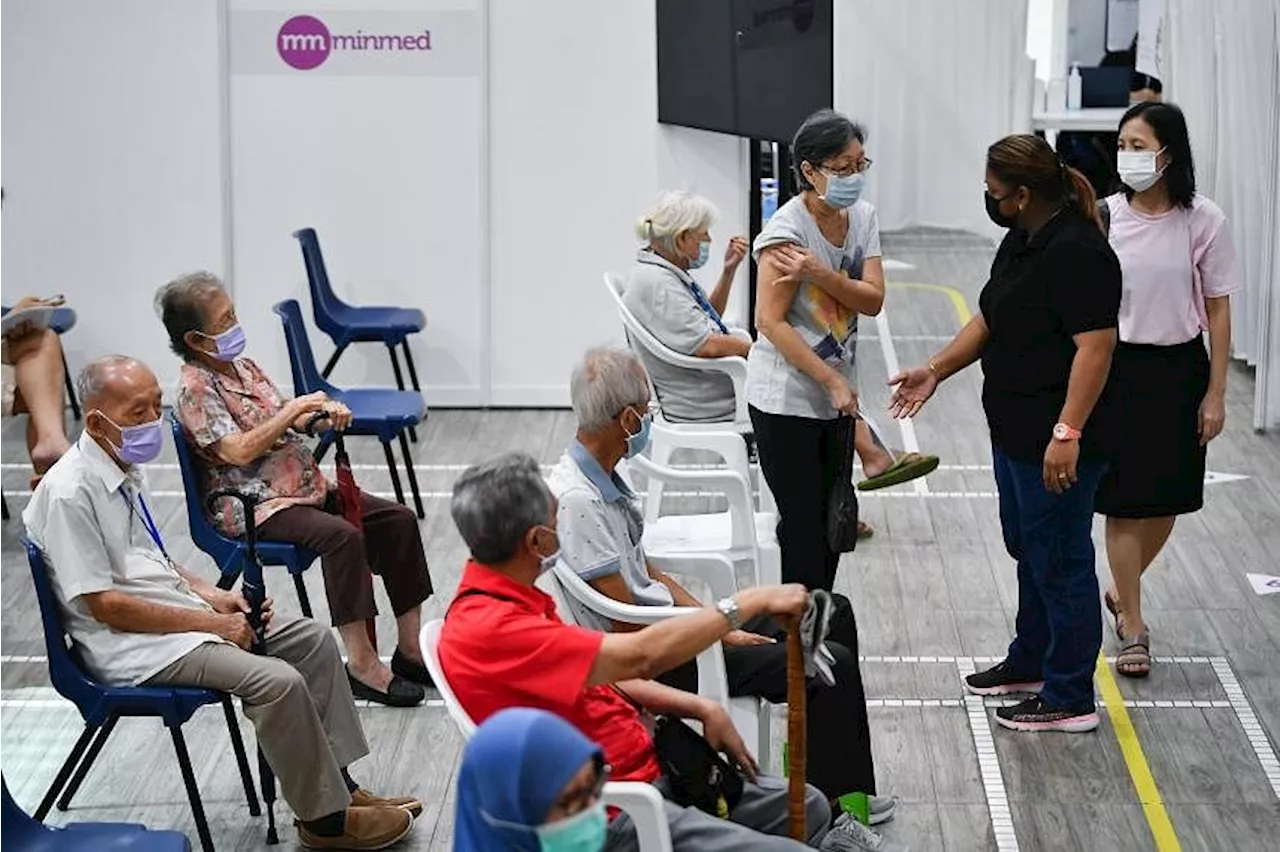The use of antibiotics during the pandemic may have worsened the spread of antimicrobial resistance.
MANILA - New evidence from the World Health Organisation has shown that the extensive use of antibiotics during the coronavirus pandemic may have worsened the “silent” spread of antimicrobial resistance .
Antibiotics use ranged from 33 per cent for patients in the Western Pacific region – including the Philippines – to 83 per cent in the Eastern Mediterranean and the African regions. Between 2020 and 2022, prescriptions decreased over time in Europe and the Americas, while they increased in Africa, based on data from the WHO Global Clinical Platform for Covid-19.
These will be discussed to improve antibiotic prescription and use across the globe ahead of the United Nations General Assembly’s high-level meeting on AMR in September.In a statement, Dr Silvia Bertagnolio – the WHO unit head for surveillance, evidence and laboratory strengthening, division for AMR – said: “When a patient requires antibiotics, the benefits often outweigh the risks associated with side effects or antibiotic resistance.
According to the WHO study, “overall, antibiotic use did not improve clinical outcomes for patients with Covid-19. But rather, it might create harm for people without bacterial infection, compared to those not receiving antibiotics”. Those under the Watch group include antibiotic classes that have higher resistance potential and include most of the highest priority agents among the list of critically important antimicrobials for human medicine and antibiotics that are at relatively high risk of selection of bacterial resistance.
At a DOH forum in November 2023, RITM-ARSRL head Sonia Sia noted the increasing AMR rates for most of the bacterial pathogens – particularly E. coli, K. pneumoniae, P. aeruginosa and A. baumannii – which caused different health problems like pneumonia, bloodstream infection, meningitis and urinary tract infection.
Malaysia Latest News, Malaysia Headlines
Similar News:You can also read news stories similar to this one that we have collected from other news sources.
 How young Koreans find peace of mind in pet stonesThe rock-collecting culture in South Korea recently made a comeback during the Covid-19 pandemic.
How young Koreans find peace of mind in pet stonesThe rock-collecting culture in South Korea recently made a comeback during the Covid-19 pandemic.
Read more »
 Singapore start-up to take on fake concert tickets after tackling bogus Covid-19 certsAccredify is making a pitch for its tech to fight everyday scams through verifiable credentials.
Singapore start-up to take on fake concert tickets after tackling bogus Covid-19 certsAccredify is making a pitch for its tech to fight everyday scams through verifiable credentials.
Read more »
 Covid-19 vaccine protection wanes faster among the elderly, booster shots needed: NUS studyThe immune cell count is lower in people who are over 65.
Covid-19 vaccine protection wanes faster among the elderly, booster shots needed: NUS studyThe immune cell count is lower in people who are over 65.
Read more »
 Elderly Should Consider Booster Doses of Covid-19 Vaccine, Study FindsA study conducted by NUS Yong Loo Lin School of Medicine reveals that senior citizens aged 65 and above should receive booster doses of the Covid-19 vaccine due to waning protection from the first two doses.
Elderly Should Consider Booster Doses of Covid-19 Vaccine, Study FindsA study conducted by NUS Yong Loo Lin School of Medicine reveals that senior citizens aged 65 and above should receive booster doses of the Covid-19 vaccine due to waning protection from the first two doses.
Read more »
 Biggest post-Covid-19 edition of The Car Expo returns on April 13 and 14Taking up 17,000 sq m in floor area, the show will have 41 brands on display and 34 booths.
Biggest post-Covid-19 edition of The Car Expo returns on April 13 and 14Taking up 17,000 sq m in floor area, the show will have 41 brands on display and 34 booths.
Read more »
 Dutch scientist wins Lee Kuan Yew Water Prize for work on COVID-19 monitoring through wastewaterSINGAPORE: At the height of the COVID-19 pandemic in 2020, Singapore began testing wastewater to trace the spread of the disease, mirroring efforts by other countries.
Dutch scientist wins Lee Kuan Yew Water Prize for work on COVID-19 monitoring through wastewaterSINGAPORE: At the height of the COVID-19 pandemic in 2020, Singapore began testing wastewater to trace the spread of the disease, mirroring efforts by other countries.
Read more »
